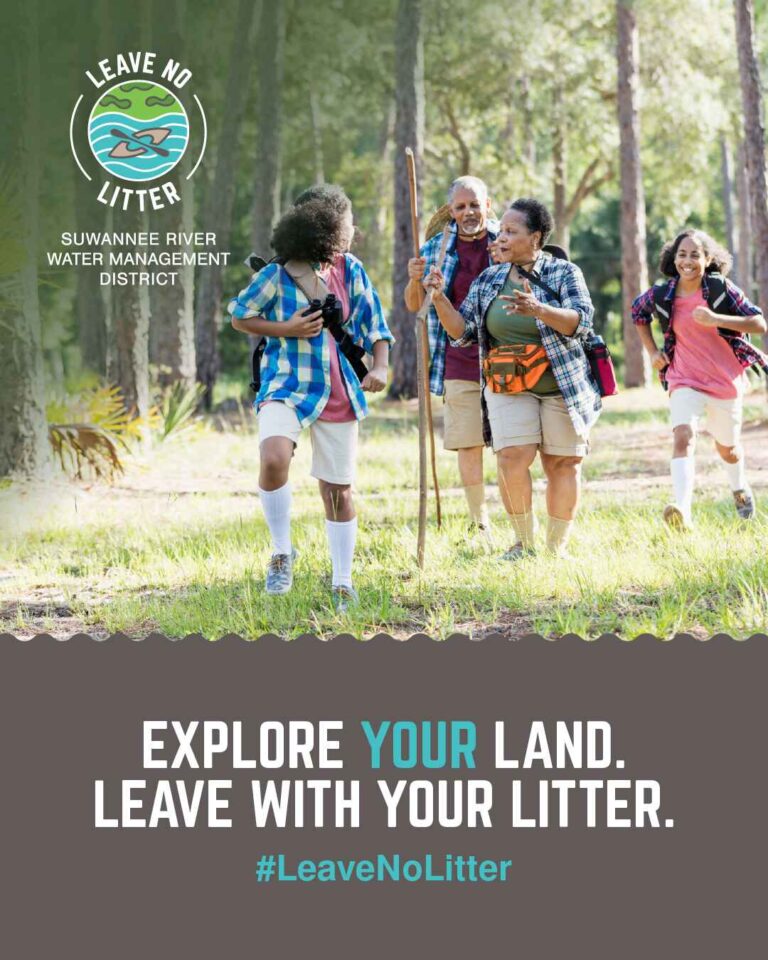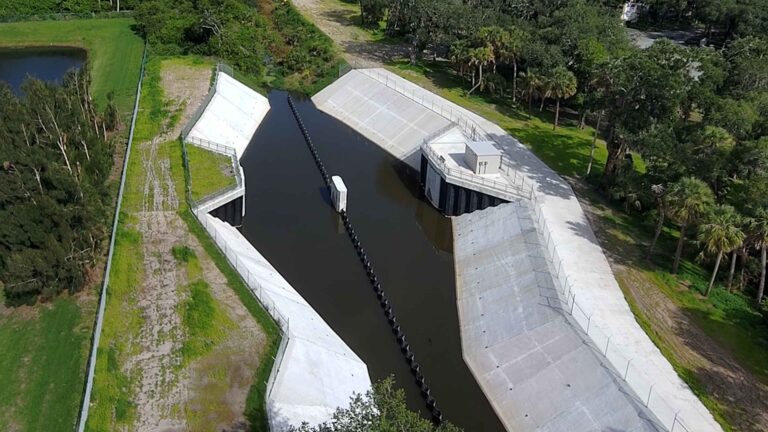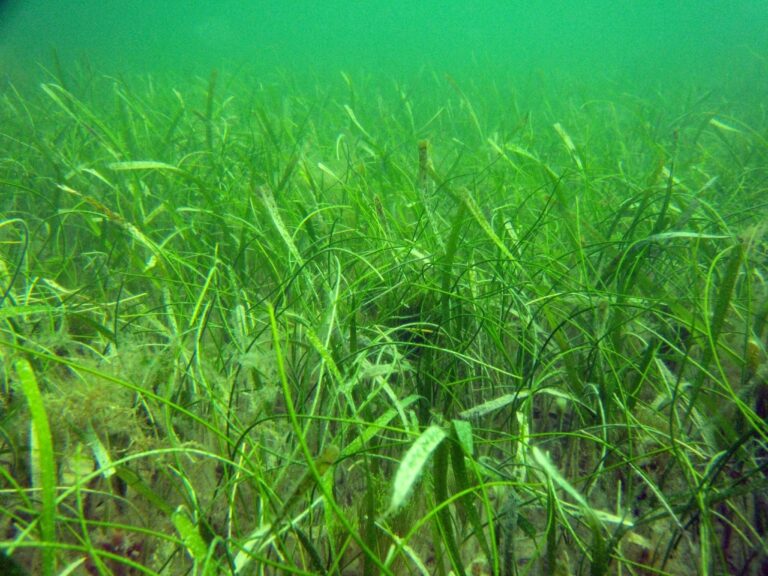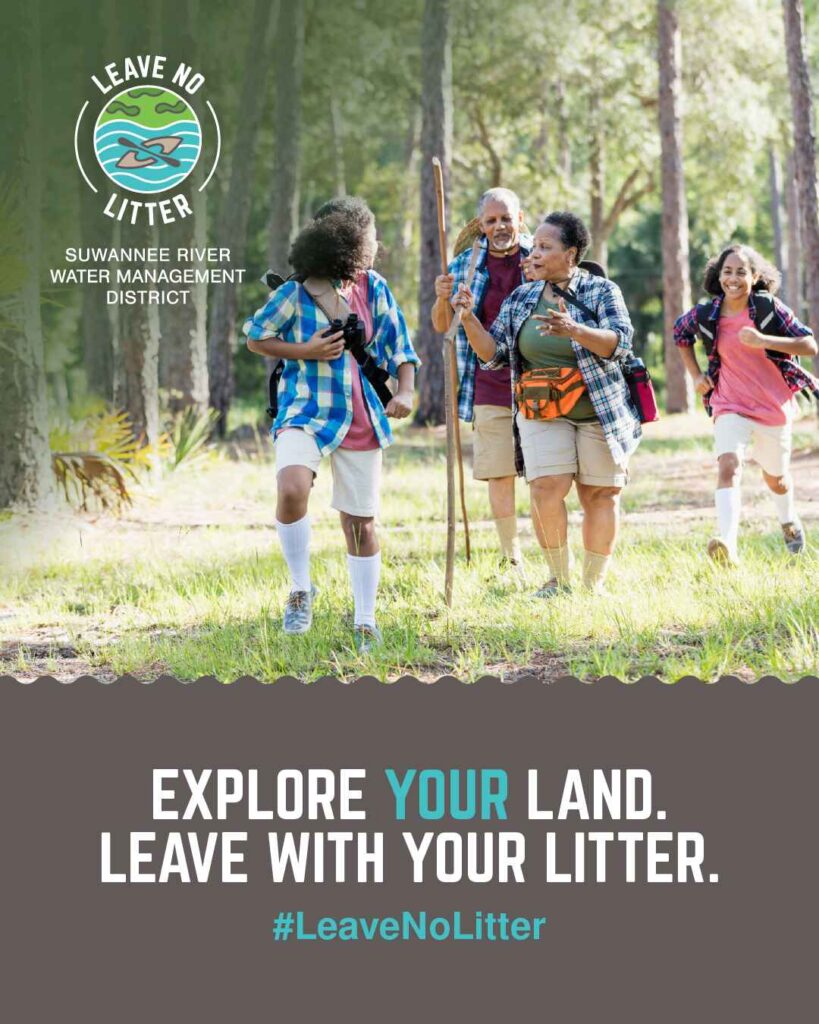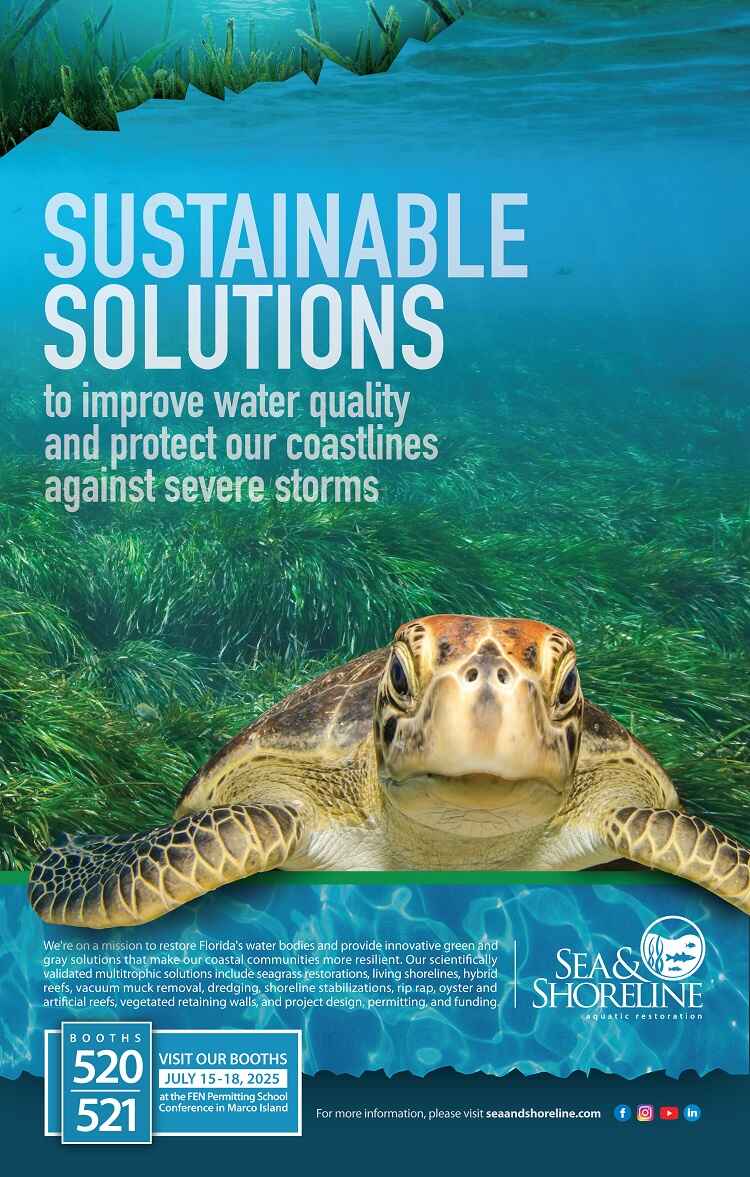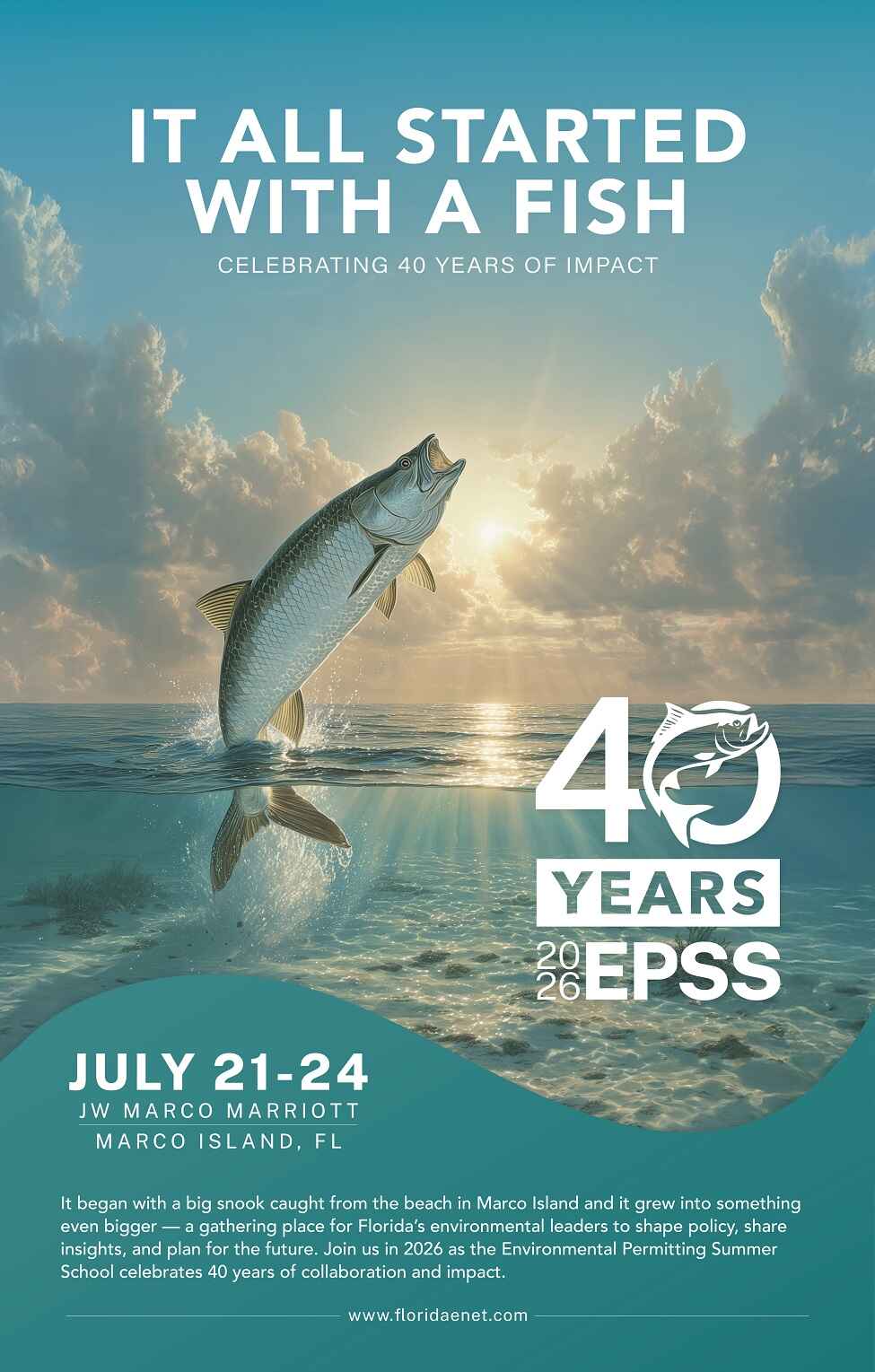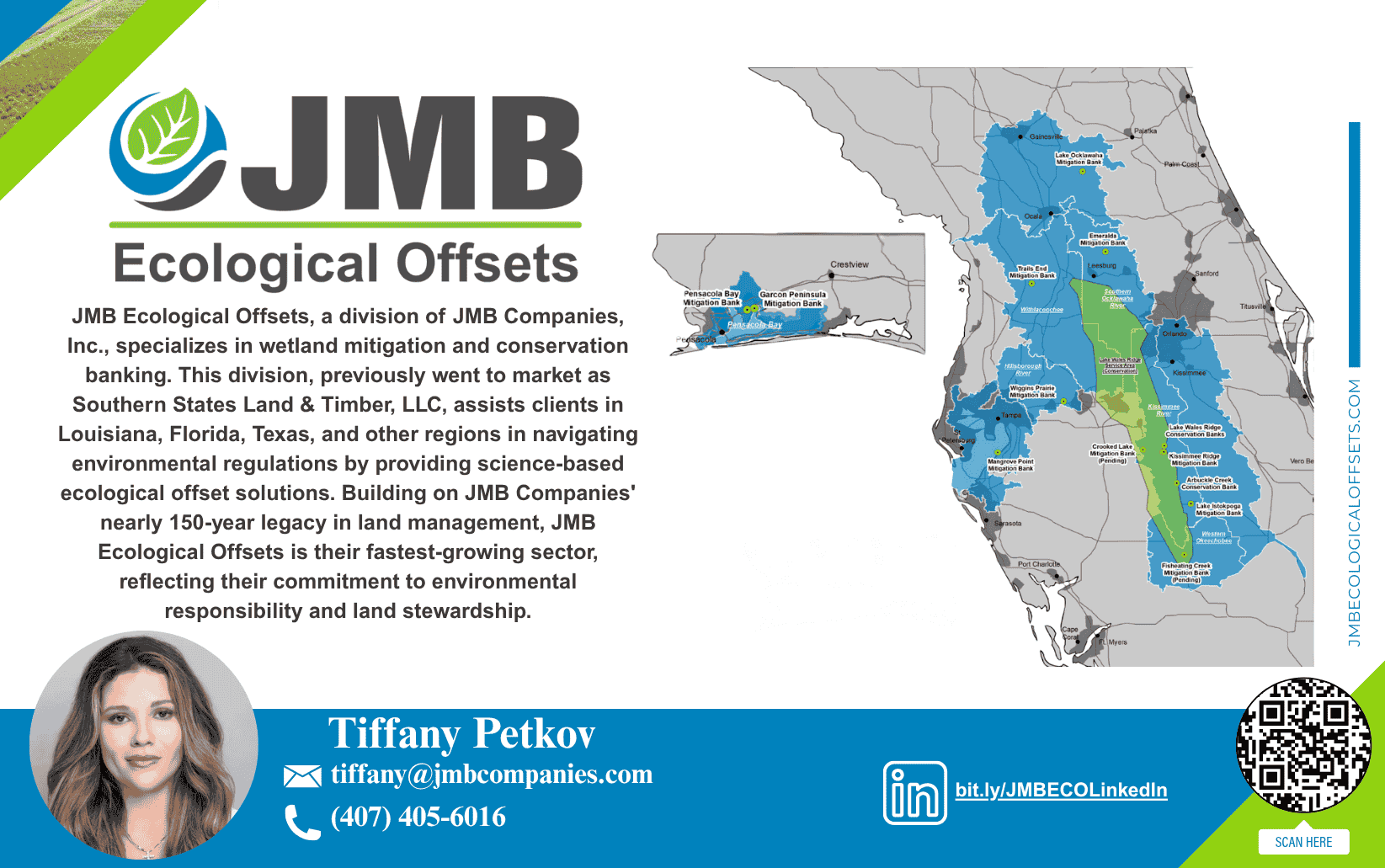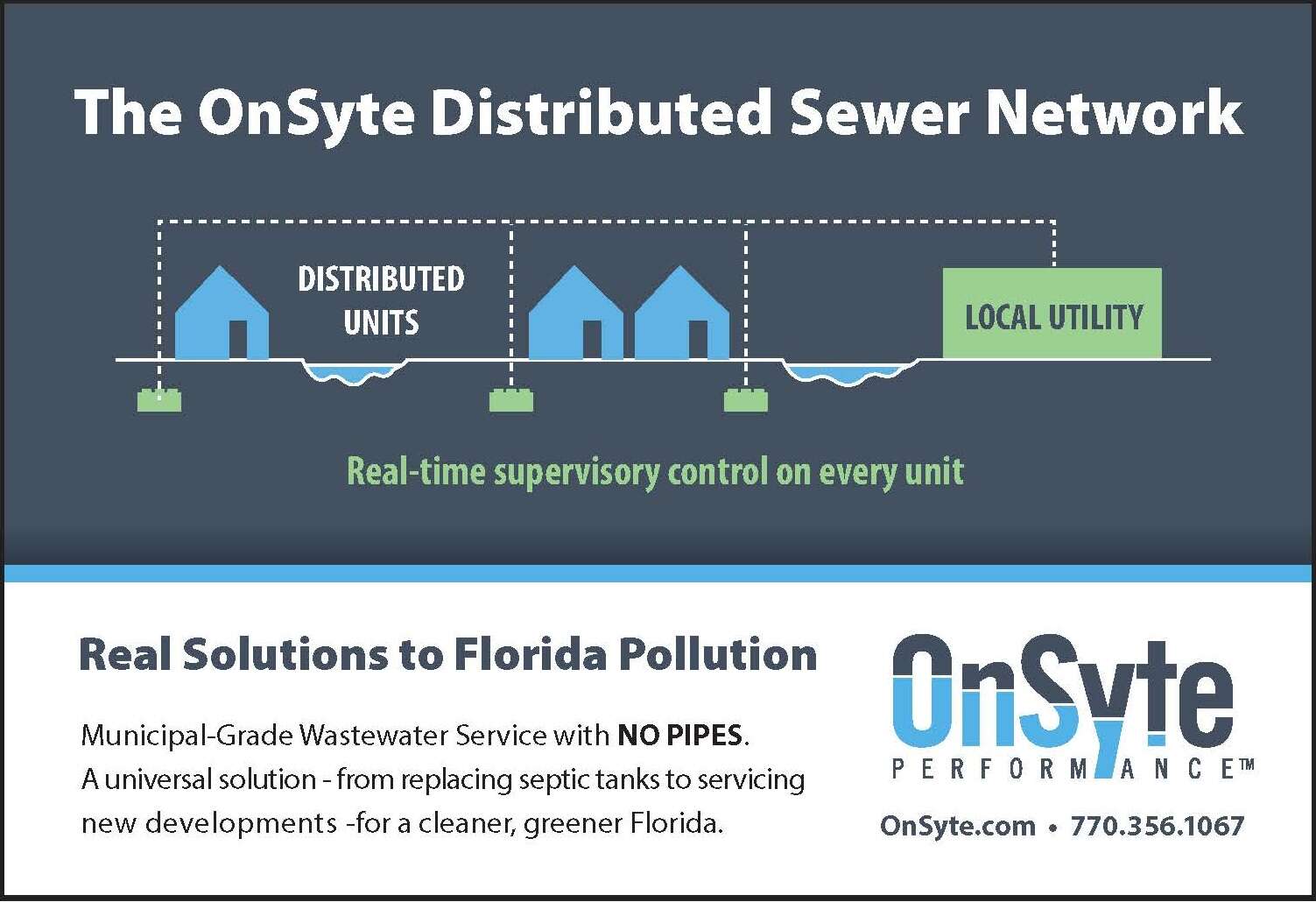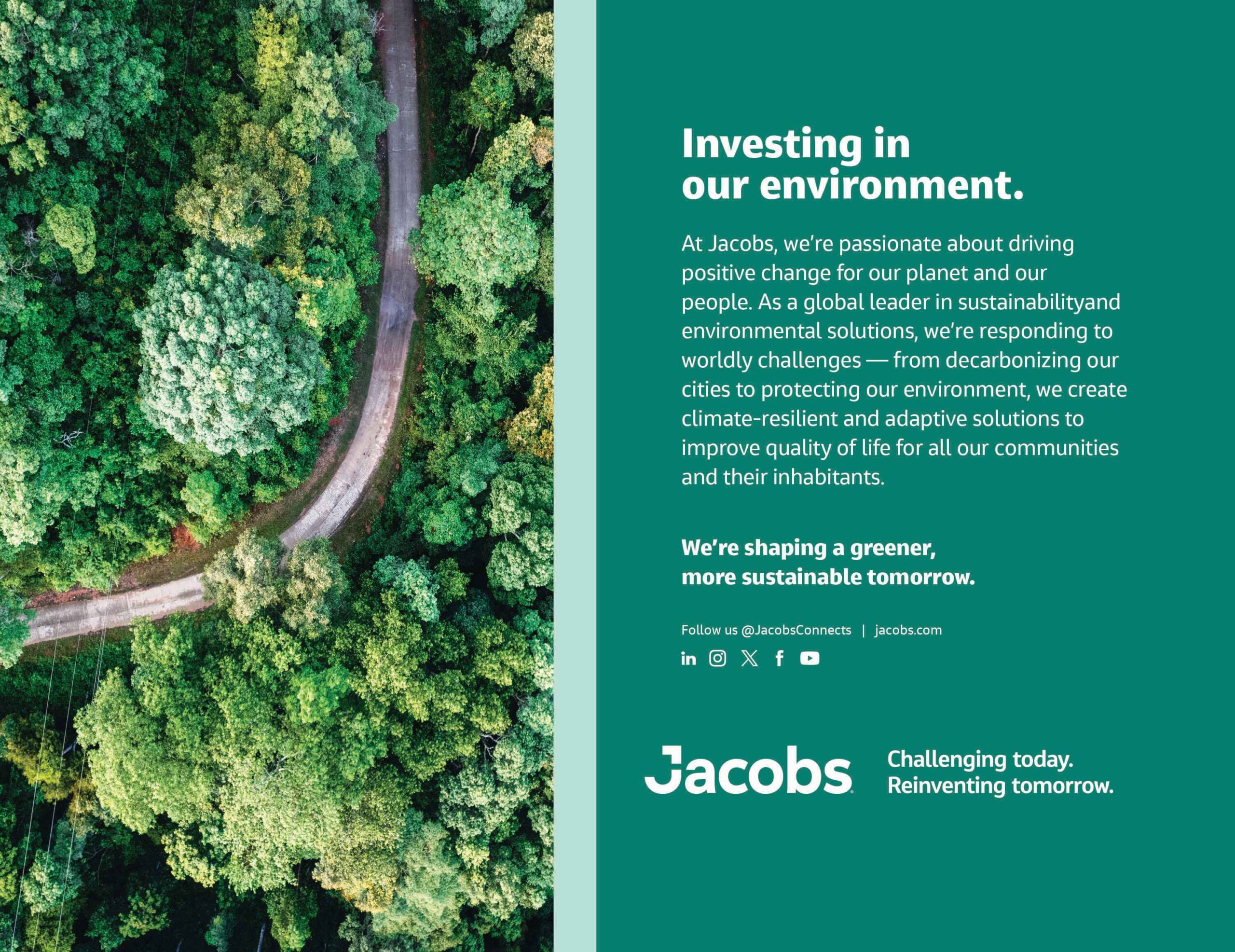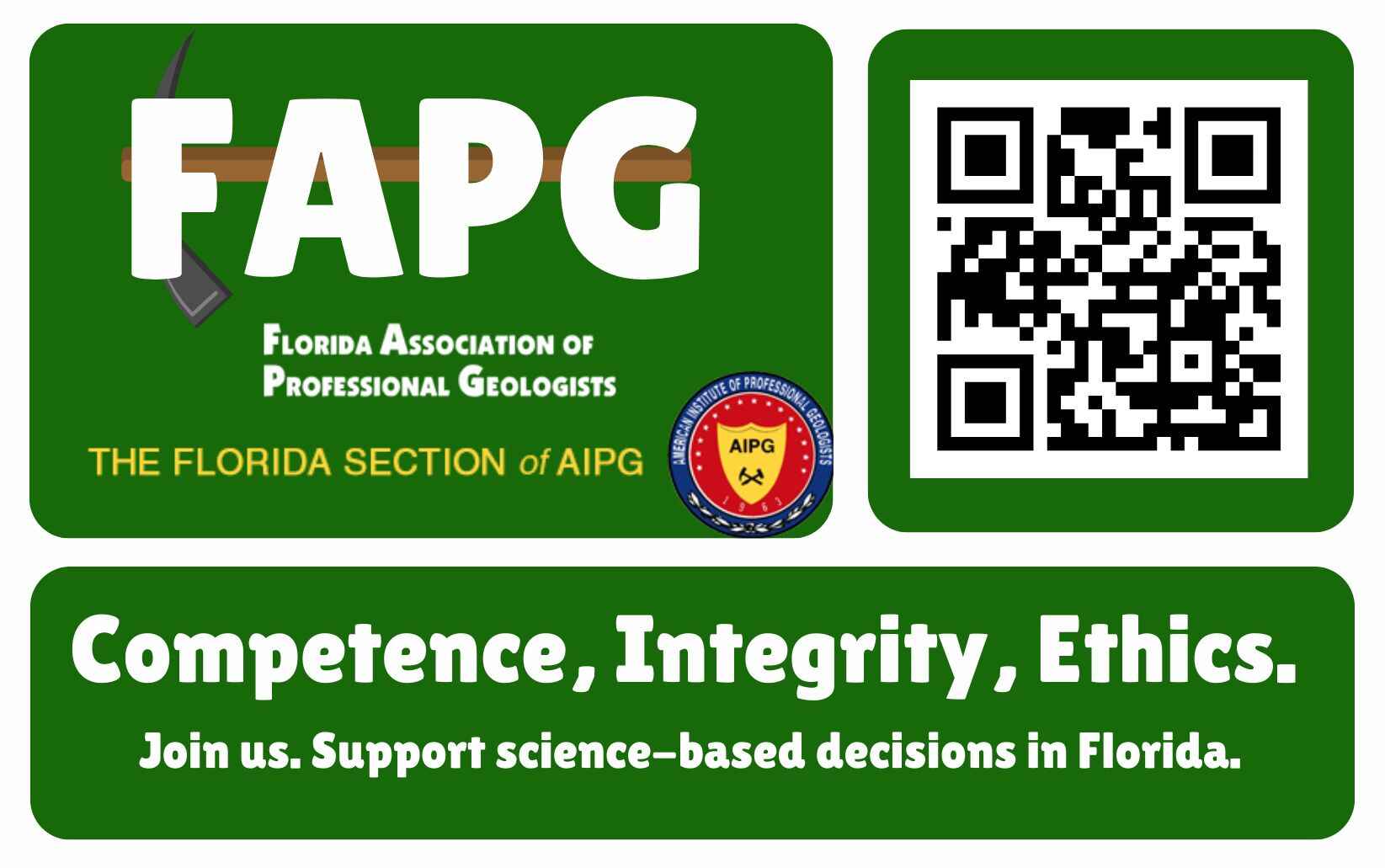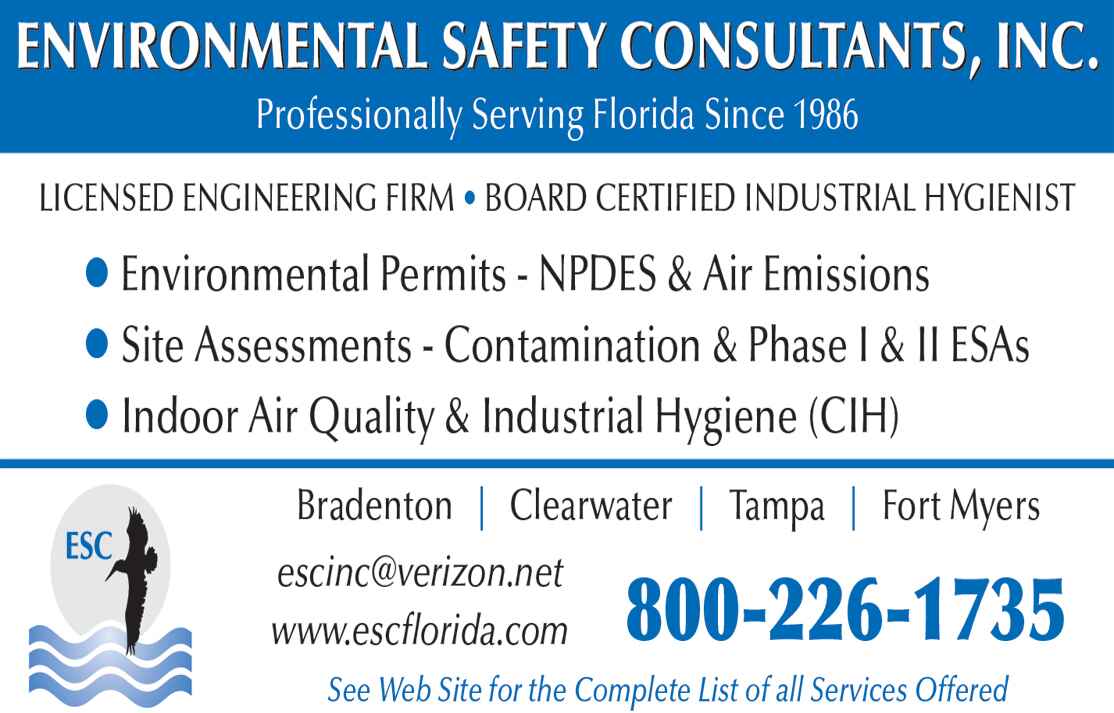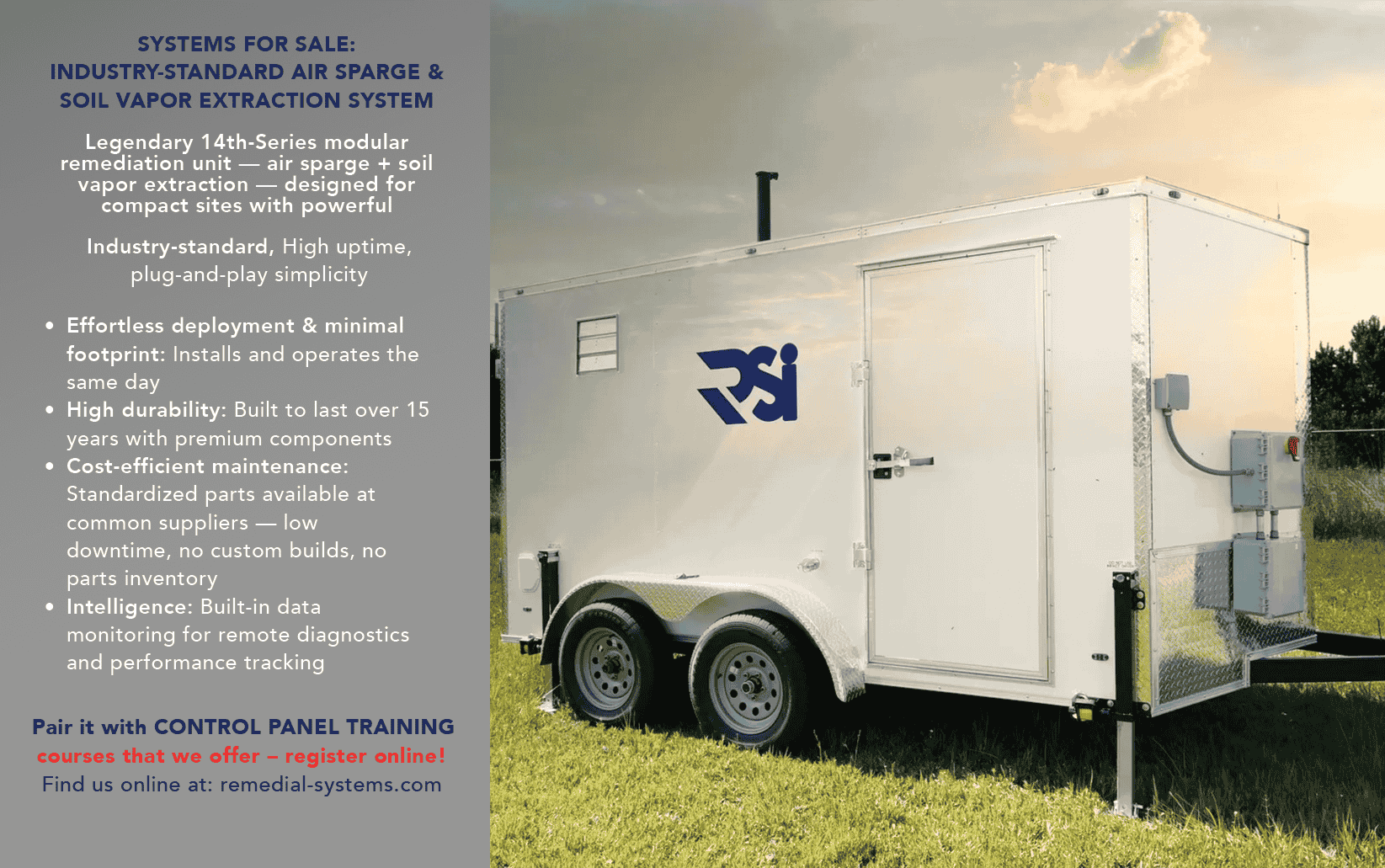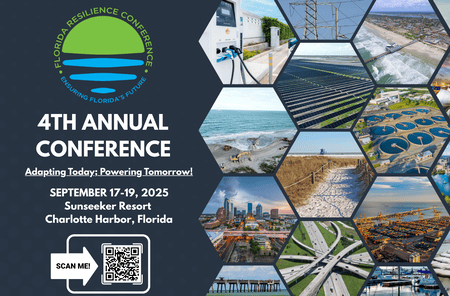By KEYNA CORY
Editor’s Note: On June 27, Gov. Ron DeSantis vetoed HB 295
In a decisive and forward-thinking move, the Florida Legislature has unanimously passed House Bill 295 – Comprehensive Waste Reduction and Recycling Plan, signaling a strong bipartisan commitment to strengthening the state’s recycling and sustainability practices.
Sponsored by Representative Joe Casello and paired with Senator Lori Berman’s Senate companion bill, SB 200, this landmark legislation marks a critical turning point in how Florida addresses waste management and environmental responsibility.
HB 295 directs the Florida Department of Environmental Protection to develop a comprehensive statewide waste reduction and recycling plan by July 1, 2026. The legislation establishes a clear framework for the plan, including minimum criteria to guide the process, and mandates the creation of a Technical Advisory Group (TAG) to provide input and expertise. This collaborative model ensures that diverse perspectives — from industry leaders and environmental experts to local governments and community stakeholders — will shape the plan’s development.
The legislation mandates that Florida’s new recycling plan incorporate clear recycling goals grounded in the principles of sustainable materials management. It also requires the inclusion of targeted strategies for increasing waste diversion. Additionally, the bill calls for the creation of a comprehensive three-year plan focused on advancing recycling education and outreach, supporting local governments in their recycling efforts, and fostering the development of robust markets for recyclable materials.
To maintain transparency and legislative accountability, the Department is also required to submit a final report to the President of the Senate and the Speaker of the House of Representatives. This report will include the final recommendations of the TAG and will serve as a roadmap for implementing policies that promote a more sustainable and circular economy in Florida.
HB 295 builds upon critical groundwork laid by the Florida Recycling Partnership Foundation, a key advocate for advancing recycling initiatives in the state. The Foundation convened a statewide Recycling Workgroup, bringing together leaders from the public and private sectors to identify practical strategies for improving Florida’s recycling rate.
The group’s efforts were sparked in part by discussions at the Florida Chamber Environmental Permitting Summer School, where the need for a statewide plan was initially explored. The workgroup’s recommendations were submitted to the Department and served as a foundation for the agency’s preliminary report to the Legislature — many of those same recommendations will now be revisited and refined by the TAG.
The passage of HB 295 represents more than just a legislative victory — it is a visionary commitment to environmental stewardship and long-term sustainability. By taking a data-driven, inclusive, and actionable approach, Florida is positioning itself to better manage waste, recover valuable materials, and reduce the strain on landfills and natural resources.
As the state moves forward with implementing this legislation, stakeholders across the spectrum — from municipalities and recyclers to environmental advocates and businesses — will have the opportunity to contribute to a shared vision of a cleaner, more resilient Florida.
HB 295 sets the stage for innovative solutions, measurable progress, and a renewed commitment to preserving Florida’s environment for future generations.
Keyna Cory is the Executive Director of the Florida Recycling Partnership Foundation




